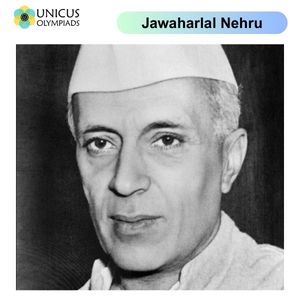

Throughout history, several visionary leaders have played pivotal roles in promoting democracy and public service. These leaders not only championed political rights but also established frameworks for democratic governance, public welfare, and civil rights. Many of them were instrumental in creating firsts in democratic processes, establishing new forms of governance, and ensuring that public services were accessible to all citizens. This article explores the contributions of these groundbreaking leaders, highlighting their key achievements and examples of how their work shaped the modern world.
Democracy, in its various forms, has been a defining feature of modern governance. However, the path to democratic participation was not always inclusive, and it required the efforts of visionary leaders to secure the rights of the people, expand suffrage, and strengthen democratic institutions. Some leaders promoted the first instances of universal suffrage or democratized political systems, paving the way for others to follow.
Cleisthenes, a statesman in ancient Athens, is often referred to as the "Father of Athenian Democracy." Around 508 BCE, Cleisthenes introduced a series of political reforms that laid the foundation for direct democracy in Athens. His reforms established the concept of *isonomia* (equality before the law) and allowed citizens to participate in decision-making, laying the groundwork for democratic governance.
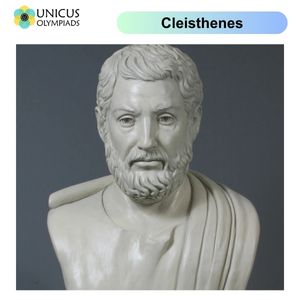
George Washington, the first President of the United States, was crucial in the establishment of the democratic system of government that would influence nations worldwide. Washington’s leadership in the American Revolutionary War and his role in the formation of the U.S. Constitution were instrumental in the first successful democracy of the modern era.

Nelson Mandela’s election as the first black President of South Africa in 1994 marked a historic first in the country’s long struggle against apartheid. Mandela’s leadership in the African National Congress (ANC) and his tireless fight for justice led to the dismantling of the racist apartheid regime, ensuring equal rights and democracy for all South Africans.

While not a leader of an established democracy in the traditional sense, Mahatma Gandhi's leadership in India is crucial in promoting democratic principles through nonviolent civil disobedience. Gandhi led India to independence from British colonial rule, advocating for the rights of the marginalized and promoting nonviolent resistance as a powerful form of political engagement.
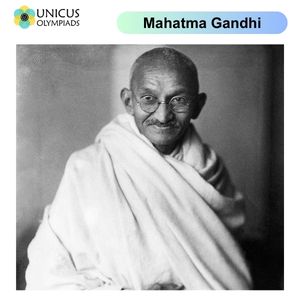
In addition to promoting political rights, several leaders have been instrumental in advancing public services that benefit the common good. These leaders pioneered reforms in health, education, social security, and infrastructure, ensuring that public services were accessible to all members of society. Their contributions continue to influence modern social welfare systems around the world.
Franklin D. Roosevelt (FDR), the 32nd President of the United States, is widely regarded for his leadership during the Great Depression and World War II. One of his major accomplishments was the implementation of the New Deal, a series of public works programs and social welfare initiatives aimed at providing relief, recovery, and reform to the American people.
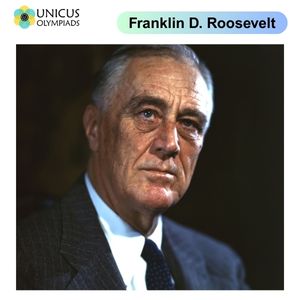
Otto von Bismarck, the Chancellor of Germany in the late 19th century, is often credited with creating the first modern welfare state. His implementation of social insurance programs, including health insurance, accident insurance, and pensions, set the stage for social security systems worldwide.
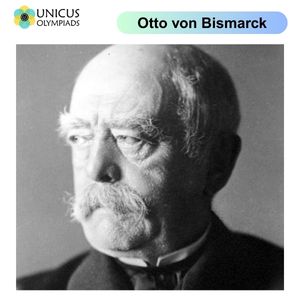
Florence Nightingale is considered the founder of modern nursing and a pioneering figure in public health. Her work during the Crimean War (1853–1856) revolutionized the healthcare system by introducing sanitation practices that drastically reduced death rates among soldiers.

Jawaharlal Nehru, India’s first Prime Minister, was a visionary leader who promoted education, scientific progress, and social reforms in post-independence India. Nehru’s policies focused on modernizing India’s education system, promoting industrialization, and improving public welfare.
